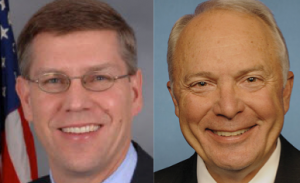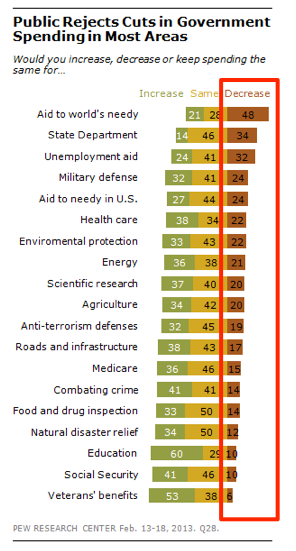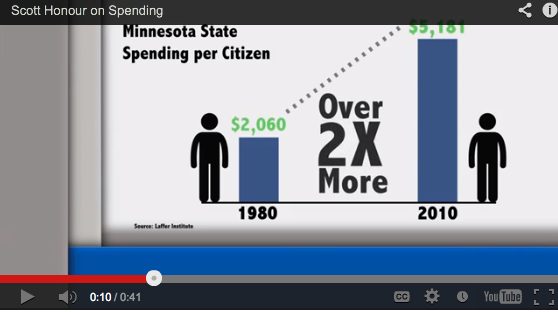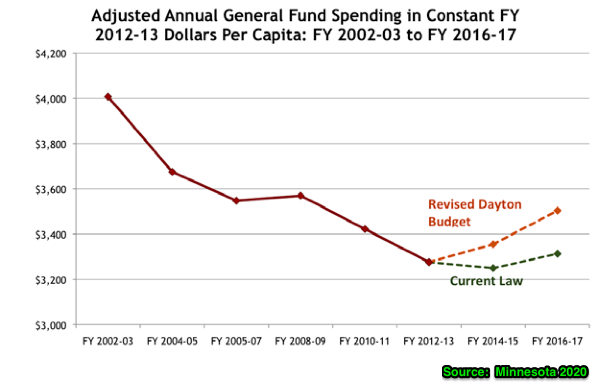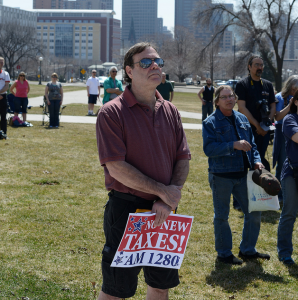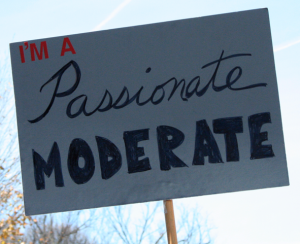 Minneapolis, Minn. — Minnesota Republican gubernatorial candidates today demanded that home state retailers Target and Best Buy pull out of online marketing because of serious technical meltdowns associated with their respective commercial websites.
Minneapolis, Minn. — Minnesota Republican gubernatorial candidates today demanded that home state retailers Target and Best Buy pull out of online marketing because of serious technical meltdowns associated with their respective commercial websites.
The Republican candidates’ criticism of the local private retailers was consistent with harsh criticism they have leveled at the government-run website MnSure.com, Minnesota’s new online venue for comparing and purchasing private insurance policies offered in association with the federal Affordable Care Act. A Minnesota Department of Commerce analysis finds that MnSure offers the lowest prices in the nation and has proven to be a popular destination for Minnesotans, but MnSure website visitors have also been subjected to frustrating delays and bugs.
The three Republican candidates ordinarily stress that private companies are superior to government-run initiatives. But today the candidates pointed out that Minnesota-based Best Buy and Target also experienced MnSure-like launch problems, and therefore also should terminate their online retailing operations.
In September 2011, Target Corporation was publicly humiliated when its website crashed during a crucial launch of a much anticipated Missoni-designed clothing line, infuriating its customers. At the time, a New York Times article noted:
The Target.com site was wiped out for most of the day; the company said that demand for items was higher than it was on a typical day after Thanksgiving, and that is usually the biggest shopping day of the year.
A few months later in 2011, sheepish Best Buy officials had to notify customers that it would not be able to fill their orders in time for Christmas, because the electronics retail giant had underestimated the initial demand for its products. USA Today reported:
The largest U.S. specialty electronics retailer said late Wednesday that overwhelming demand for some products from Bestbuy.com has led to a problem redeeming online orders made in November and December.
The Minneapolis company declined Thursday to specify how many orders are affected or which products are out of stock.
“I would do anything I could to end them,” said Minnesota Senator Dave Thompson, said of Best Buy and Target.
“I don’t believe it can be fixed,” added Hennepin County Commissioner Jeff Johnson about the retail giants’ glitches.
“It just isn’t going to work,” agreed former Minnesota House Speaker Kurt Zellers.
Note: This post is satirical, and not true. Though the quotes above are the exact words the candidates used about MnSure in August 2013, the candidates have not, to the best of our knowledge, made the same demands of Best Buy and Target.
This post was featured in Politics in Minnesota’s Best of the Blogs, and republished on MinnPost.

